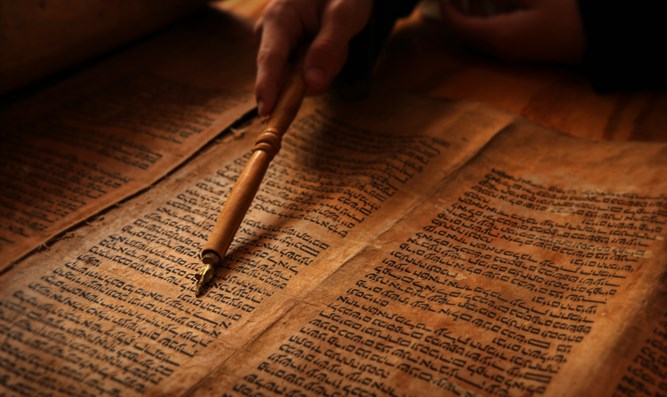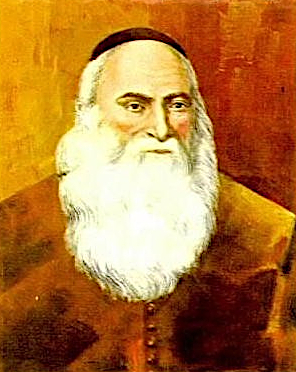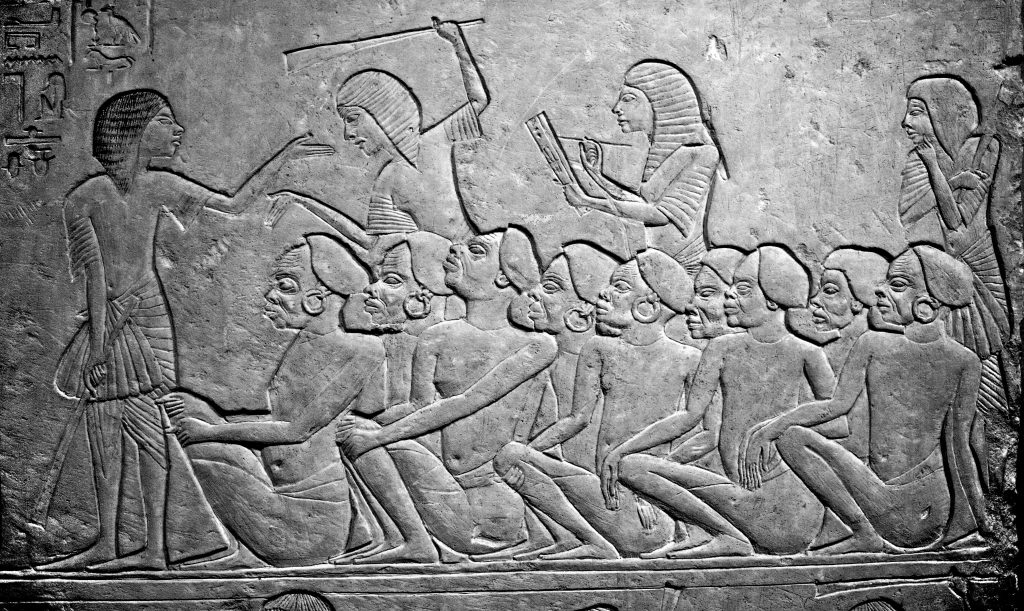
(3-4 Minute Read)
Deuteronomy 29:9 – 31:30
The combined Torah portion of Nitzavim-Vayelech begins with a reiteration of the Almighty’s covenant with the Jewish people relating to the land of Israel. Moses emphasized that there would be severe consequences for idolatry or otherwise rejecting the Most High and His Torah. However, even after these consequences the Holy One, Blessed Be He, promised to restore the Jewish people upon their repentance. Moses emphasized that the Torah is not “too baffling” or complicated for the audience; indeed, it is “very near” and comprehensible. And the Torah is described as being synonymous with life, and the rejection thereof parallels death.
Moses further declared that Joshua would be his successor and lead the Jewish people into the land of Israel. He concluded and wrote down the Torah, and called the congregation of Israel to read the entire Torah out loud annually, in particular during Sukkot observances. The Master of the Universe also informed Moses that the Jewish people would soon go astray after false deities, and discussed that dynamic further.
An interesting question is brought up regarding the Torah portion of Nitzavim. How could the Almighty make a binding covenant and agreement with unborn descendants and future generations? Elsewhere the Torah specifies that oaths are only binding on the individual who makes them (e.g. B’Midbar / Numbers 30). So how does an eternally binding covenant with all of the obligations thereof become incumbent upon all of the future generations of the Jewish people and presumably without their consent?

Rabbi Don Yitzchak Abravanel provided a fascinating answer to this seeming quandary. While Abravanel’s answer is particularly complicated and nuanced, his basic premise can be summarized a bit more succinctly.
First, Rabbi Abravanel points to the spiritual facets. According to Midrashic Jewish thought and spirituality, the souls of all Jews were present at Mount Sinai and represented by Moses during the intense encounter with the Most High and the receiving of the Torah. The specific details of this spiritual phenomenon are too complex for our scope here. The simple idea is that if the souls of the entire Jewish people were, in fact, present at the Mount Sinai experience when the Jewish people declared na’aseh v’nishma, “we will do and we will hear,” then all future Jews would therefore be obligated to observe the Torah (Shemot / Exodus 24:7).

Another thought based on the answer of Rabbi Abravanel relates to the concept of yetziat Mitzrayim, the exodus from Egypt. When the Jewish people were brought out of Egypt and freed from slavery, the Almighty instead declared that we would be His servants and bear the “yoke” of Torah. After all, when the Holy One, Blessed Be He, commenced speaking to the entire Jewish people, He stated:
“I am the L-RD your G-d Who brought you out of the land of Egypt. You shall have no other ‘gods’ before Me [and the rest of the Ten Commandments and other mitzvot followed].” (Shemot / Exodus 20, etc.)
While Abravanel focused more on the technical aspects as to how this arrangement is valid, we can expand on this mindset by examining the words of Rabban Gamliel. In Mishneh Pesachim 10:5, as quoted in the Passover Haggadah, the liturgy recited during the ceremonial Seder dinner, Rabban Gamliel stated:
“In every generation a person must regard himself as though he personally had gone out of Egypt, as it is said: ‘And you shall tell your son in that day, saying: It is because of what the Lord did for me when I came forth out of Egypt.’”
This concept described by Rabban Gamliel has two explicit facets. First, the Passover Haggadah similarly states:
“We were slaves to Pharaoh in Egypt… and if He had not taken us [out]… we, our children, and our children’s children would still be subjugated to Pharaoh in Egypt.”
In a simplistic sense the premise can be established that all future generations have been effectively taken out of the ongoing slavery of Egypt purely because the slavery would have continued, possibly indefinitely. In that case, the principle of the Eternal One that He announced at the beginning of the issuing of all the commandments of the Torah that we are obligated to worship and serve Him since He redeemed us from Egyptian bondage applies to all generations of the Jewish people; not just the original generation.

Taking it a step further, we can also see the “redemption from slavery” by the Most High as an ongoing process. The Hebrew word for Egypt is Mitzrayim, which comes from a term referring to “bondage” and “constraints.” Relating to Rabban Gamliel’s directive, we as Jews can see ourselves as having left not only the original Egypt, but also Mitzrayim, the aspects of life that bind and constrain us, and prevent us from reaching our spiritual potential. Besides Egyptian slavery, the Almighty brings us out of the “bondage” and “constraints” that prevent us from connecting with Him at our highest level, and that diminish the quality of our relationships and inter-personal connections within our families, our communities, and beyond. But how does the Master of the Universe enable us to do this? By giving us the Torah. The ultimate method of “redemption” from figurative slavery is by observing and following the Torah.
Bringing all of these concepts together, perhaps one of the key messages of these combined Torah portions is that the Eternal One was describing the ongoing nature of the Torah covenant. The ratification of the Torah covenant wasn’t just a “one-time event” that happened to be obligatory upon all future Jewish generations. Rather, the Torah covenant describes a perpetual process in which the Jewish people would be required to obey and heed the Torah, and doing so would deliver us from our own “personal Egypts” in each and every generation. Accordingly, Moses proceeded by reiterating the blessings and curses (i.e. redemption or slavery, figuratively or perhaps even literally) that come from observing or rejecting the Torah respectively. And Moses concluded his speech by famously declaring in Devarim (Deuteronomy) 30:19-20:
“… I have put before you life and death, blessing and curse. Choose life, if you and your descendants would live, by loving the L-RD your G-d, heeding HIs commands, and holding fast to Him. For thereby you have life and shall long endure upon the soil that the L-RD swore to your ancestors, Abraham, Isaac, and Jacob, to give them.”
May the Holy One, Blessed Be He, grant us to always recognize that He has brought us out of “Egypt” in each and every generation. And may we ever strive to observe the Torah to the fullest, and thereby receive the blessings of life and redemption from “Egypt,” and avoid the curses, slavery, and death that inevitably come from rejecting the Most High’s commandments and Torah.


